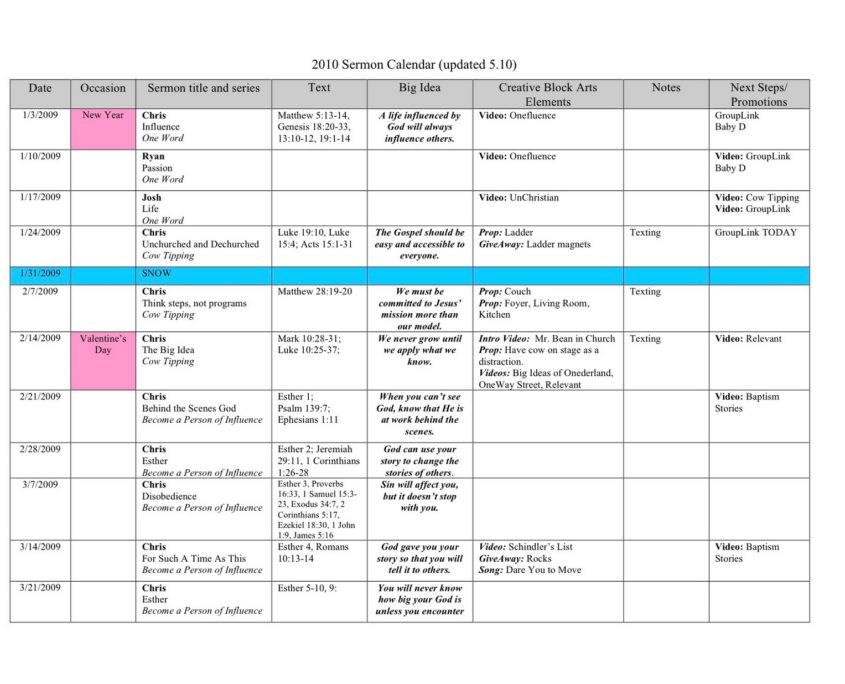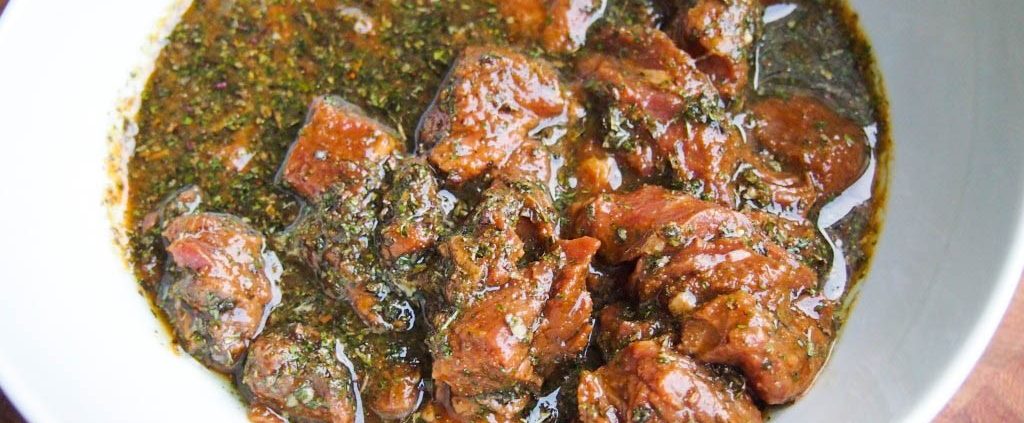Don’t Forget the Marinade
Don’t Forget the Marinade
We have been looking at some key tips for more effective preaching. We’ve looked at the idea of keeping your radar on, And then we talked about having a bucket of some kind to store ideas for sermons. In this post, I want to focus on the idea of spending adequate time reflecting on your message. Or, in visual terms, don’t forget the marinade when you are preparing a message.
I originally got some of the ideas for this series of posts from Rob Bell. Here’s a link to him talking about these subjects in a lecture on making and delivering sermons. Rob was a powerful, creative and popular preacher in 2009 when he recorded that lecture. Since then, he has moved away from ministry, as well as stepped far away from what is considered accepted Christian theology. However, I share the link so that you can see where I got some of the root ideas for this series of blog posts.
The Marinade

elements of a marinade
I am not a great cook. When I grew up, my mother had the idea that the boys in the family (of which there were 7) didn’t need to know anything about what to do in the kitchen. That was women’s work. Not surprisingly, my wife had other ideas, and out of my love for her, I have gladly taken on some limited cooking responsibility on certain days. When I first started this practice of being responsible for a meal, I soon realized that I really didn’t know much beyond throwing some hamburgers or hotdogs on the grill. However, I learned that a marinade improves the taste of some cuts of beef, chicken, fish, and certainly pork.
Here’s the definition of “marinade”:
a sauce, typically made of oil, vinegar, spices, and herbs, in which meat, fish, or other food is soaked before cooking in order to flavor or soften it.
The idea is to “soak” the meat so that it takes on additional flavors.
Don’t forget the Marinade
So what does it mean to remember the marinade when you preach? Simply this: you need to take some time to let the sermon “soak” in your mind and heart. This means a couple of things for the preacher:
- Working far enough ahead of time so that you can think about the implications of what you are preaching
about. How far? Some preachers plan a whole year of messages. This gives them time to collect material in their bucket. My personal practice was to be three months out. Here’s an example of a preaching calendar. 
- Don’t forget the marinade also means spending time in preparation of the message for thinking it through. When I preach, I usually study the passage on Tuesday and Wednesday. On Thursday, I write a rough manuscript of the message, attempting to include the important aspects of my “big idea”, or the main point. Then on Friday I would prepare the powerpoint and supportive Bible study to be given to small groups. Saturday morning I would do a first run-through of the message, and would do it again on Saturday evening. Sunday morning I wold run through the whole message again. During that process, the message would change as I would think of new ideas, as well as ways to communicate them.
Without The Marinade, the Meat Gets Tough
There was a time when I was scheduled to preach at a nursing home. I decided not to prepare a great deal, but rather resolved to just go, plop open my Bible, and preach on whatever passage presented itself. I figured that many of the people there were dealing with dementia anyway, so they wouldn’t care. A short time later I did the a similar thing for a wedding. I got lazy, and I remember those times with some regret, as I handled the Word with a sense of cheapness. Neither message was very good.
Don’t forget the marinade when you preach. Take the time necessary, and your hearers (and you, yourself) will be glad.



